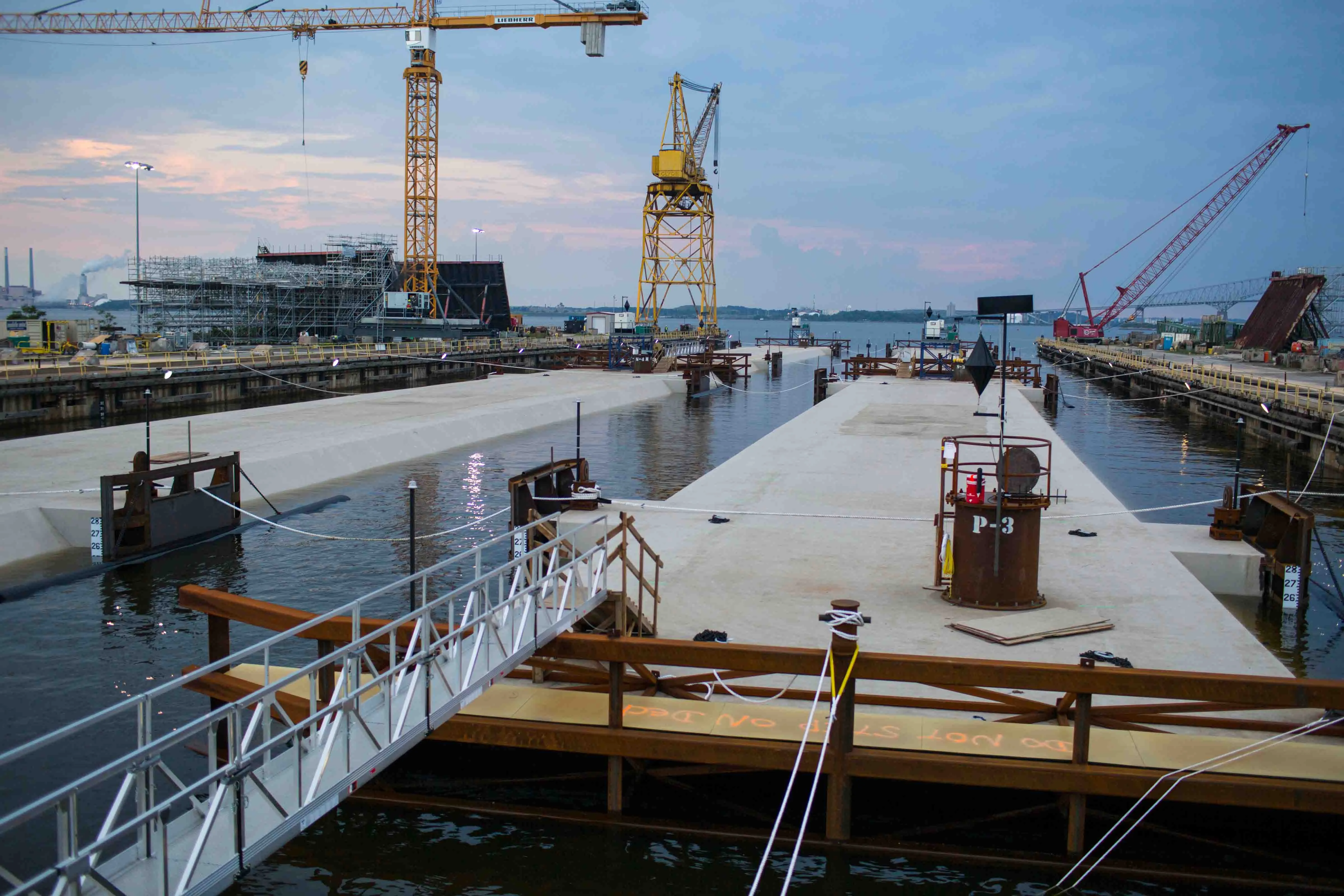The Israel National Roads Company has published the tender documents for the upgrading of road No 4 between Ashdod port and the Greater Tel Aviv region. The project involved widening the road by adding a third lane in both directions between Ashdod and Rishon LeZion.
April 24, 2012
Read time: 2 mins
The 2602 Israel National Roads Company has published the tender documents for the upgrading of road No 4 between Ashdod port and the Greater Tel Aviv region. The project involved widening the road by adding a third lane in both directions between Ashdod and Rishon LeZion. This will allow the road to boost capacity and cope with the steadily increasing traffic volumes and help cut congestion on the route. Meanwhile the upgraded link will allow speeds of up to 100km/h between Ashdod interchange and Holot interchange. The newly widened route is expected to be open to traffic within 18 months. This tender is one of a series of actions implemented by 2572 Israel's Ministry of Transport with the goal of improving access to Ashdod Port. The 16km long road section that will be upgraded currently suffers from heavy traffic congestion. The new project will remove a bottleneck on one of the most congested links between Ashdod and Rishon LeZion, and the traffic in the direction of Tel Aviv. As part of the project, the bridges along the route will also be renovated. In order to shorten the time needed to carry out the project, the tenders were published based on the Price and Time (A+B) method. According to this method, the winning contractor is the bidder who offers the lowest price combined with the shortest execution time. The project is estimated to cost some US$78.7 million and is expected to be completed in less than a year.









